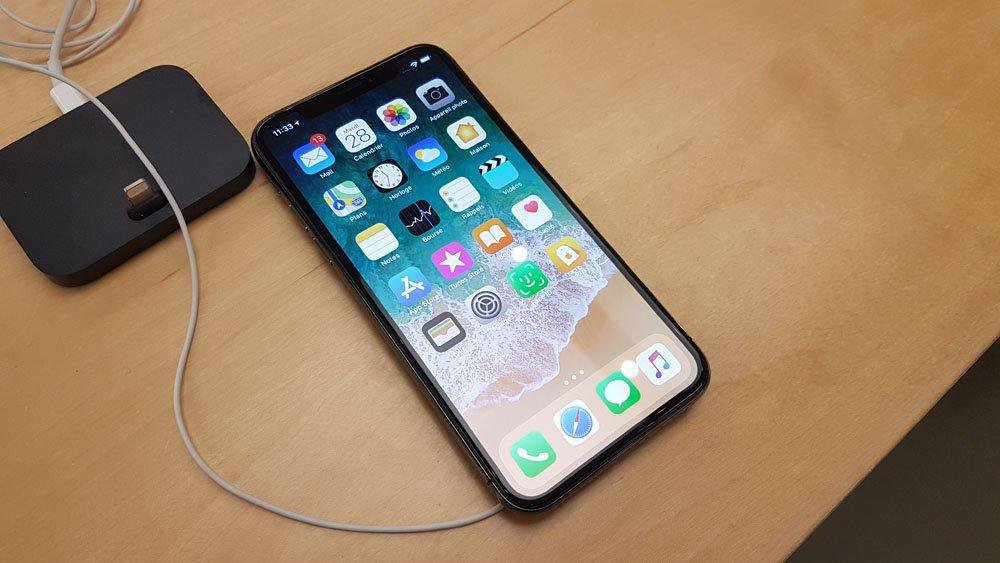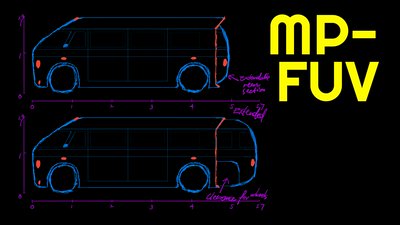techParis
Is Innovation the Key to Succeed in Tech or Is It Just Copy & Hype?
The ever-changing business model & the rise and fall of icons in tech hints at the fluidity of all things technology. DrJLT suggests that the industry is dri...
Published by Dr Jiulin Teng on 26 Feb 2020 · Updated on 25 Jul 2021

When we think of technology these days, information technology and consumer electronics seem to be what first comes to mind. Perhaps this is fitting, as they are the most tangible elements of our lives that have gone through the most dramatic evolution in recent decades. Countless case studies as well as academic papers have been written, but academics are usually cautious in drawing overarching conclusions: one, it's their livelihood and they hate to be proven wrong; two, it's their livelihood and what are they going to write about if all arguments are settled
I dare not draw any conclusion, either, for I believe technology changes not only the product but also how businesses operate (which is an idea not different from Douglass North's) — seeing how much the rate of change in tech has itself been increasing, it'd be imprudent to say anything definitive.
But today, at least today, we appear to be living in a world of hype, aided and abetted by the rise of social media: the explosion of video reviews, the bombardments of "shares" in such reviews, advertisements, and personal opinions (like this one), and confounding inclination in "following" celebrities of gazillions of varieties. From the consumer's perspective, there's little difference who the innovator is. A "copier" that copies and repackages well may in fact provide the most refined experience. A couple of such refinements may be hyped to outshine the fundamental innovation underpinning the products with little investment, such as providing media units for review and for celebrities to pose with, and organization interactive campaigns on Facebook or Twitter. Traditional media in turn pick up these hypes, and we have a positive feedback loop in place.
This demand-side economy is a bit different from the supply-side economy in innovation: In the years gone by, for example, search engines have revolutionized how we access information, and they have done extremely well in turn in force-feeding us information and profiting in the process. So it is with social media. In this supply-side innovation, innovators provide technologies that we need but didn't know that we do, whereas in demand-side innovation, businesses create hypes of what we want that we perhaps do not. In this switch of paradigms, companies that used to be supply-side innovators have become demand-side marketers.
This is all well and good, but sooner rather than later another supply-side innovator will appear, and no amount of good marketing will supplement need for want.
This article was originally published on my old site jlteng.com on 30 November 2017.



